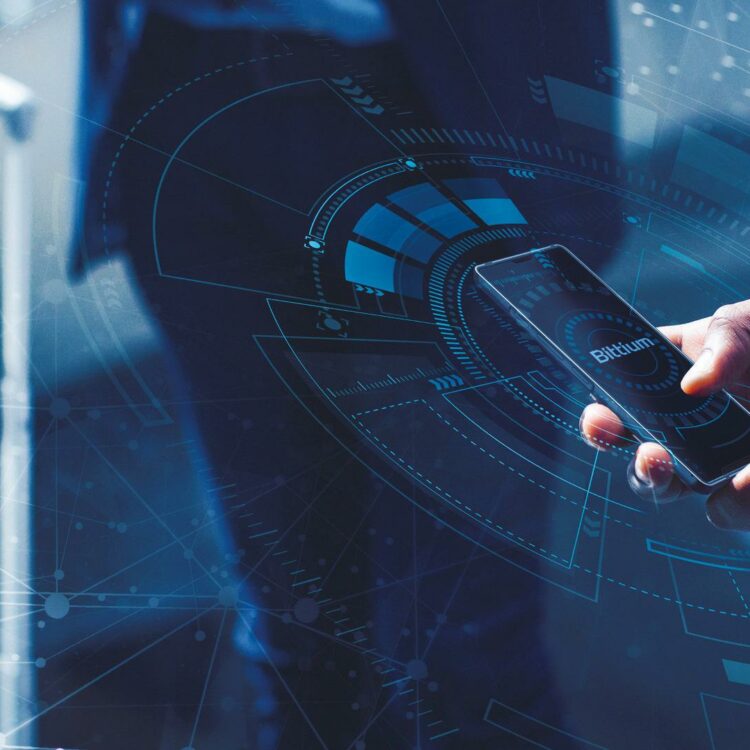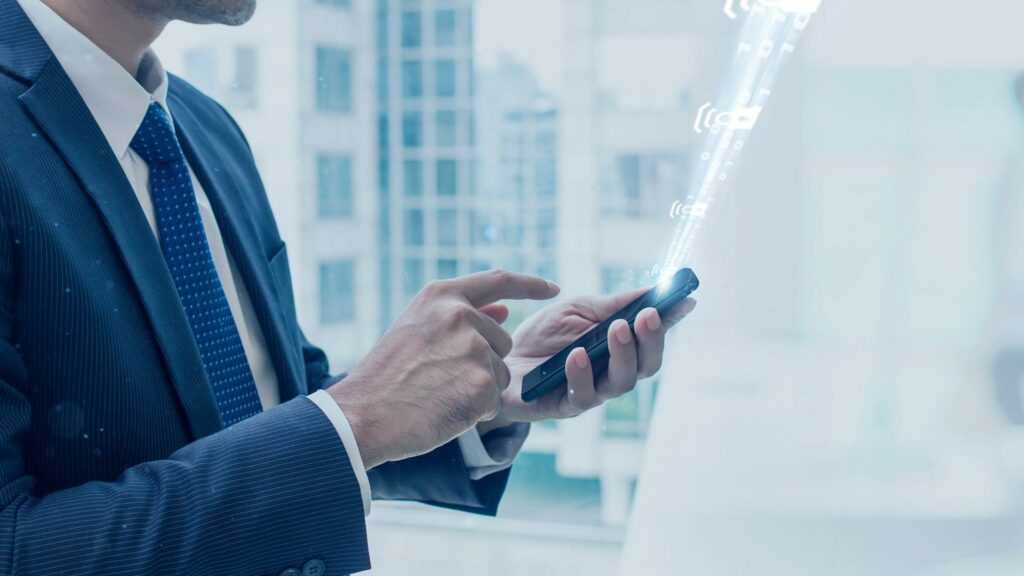Mobile Security During and After the Global Health Crisis

Mobile Security During and After the Global Health Crisis
Author: Fernando Castillo, General Manager, Mexico, Bittium
The sanitary crisis caused by COVID-19 is re-shaping the personal and social landscape across the world. Nevertheless, the speed with which nations and individuals are adapting to the new reality or new normality depends on economic, cultural, social, educational and geographic factors, as well as public policies.
Mobile communications have been the most used tools during the pandemic, stressing all sorts of telecommunications platforms. Thousands of companies have switched to remote work and it is possible that a good part of the work force stays in that way for good. The question is: are organizations ready for long-term remote operations with employees using tablets and smartphones without baseline security?
Generally speaking, emerging and developing economies have had a slower adoption of Information and Communication Technologies (ICT). In many cases, the main problem is that users lack the basic knowledge of the risks associated to the use of smartphones, tablets and computers, as well as the possibility of losing sensitive personal, corporate or government information. This, as is, presents a latent risk for telework.

Many companies have established clear rules for the use of computers in the work environment: antivirus, VPNs, prohibition to use USB devices or restrictions to navigate risky websites. Security measures are properly installed in a planned architecture and with the necessary security layers. However, when considering smartphones as a work tool, the rules tend to be more relaxed, the risks higher and the consequences graver. Whether bring your own device (BYOD) or if the organization provides a smartphone as a work tool, it is necessary that key areas, including decision makers, ask themselves basic questions to plan for the security of their remote workers:
· What type of security do we want for the smartphones of our employees, both in hardware and software?
· What features of the phone are essential to the end users: cameras, Bluetooth, WiFi connections, SMS, MMS, location, etc?
· What Apps are needed and how can we manage them?
· What voice and messaging solutions do we want to use inside the company or government?
· How can we ensure that the data traffic between the phones and the corporate servers is always protected?
Unfortunately, these questions also represent the areas of opportunity that cyber criminals seek to exploit because they become the weak spots of organizations. Therefore, a preparation for prolonged, remote work that guarantees security and continuity has become immediately indispensable.

Bittium has a solution that responds transversally to all these questions, with scalable products and services to protect the mobile communications of different sizes and profiles. The Tough Mobile devices offer a first line of defense against attacks, and along with Secure Suite and Secure Call, they allow the flexibility necessary for the organizations to define the rules of use, as well as the mechanisms of communication that have an advanced encryption for an all-time-protected concept of operation.
Bittium’s comprehensive solution protects all the valuable information in the device and throughout the application’s data transfer process, providing the safest experience to users with or without background knowledge on cyber security. Furthermore, once the organizations enroll the devices into the system, the users do not need additional digital skills to receive the benefits of the additional security features of the Tough Mobile that commercial devices lack.
These changing times also present great opportunities to rethink the way businesses and governments face a new reality which will include challenges in everything, including cyber security. Having proper cyber security schemes can play a positive role in protecting enterprises’ or governmental assets. World development will most likely be affected due the contraction of the economies across the globe caused by the pandemic. However, countries can prepare themselves to face mobile cyber-attacks before they become more common in the times to come and mitigate the impact these could have, with effective policies at government and enterprise level.
Blog post also in Spanish: Seguridad Móvil, durante y después de la crisis sanitaria global
Fernando Castillo, General Manager, Mexico, Bittium
Fernando joined Bittium in 2017 and ever since, he has led one of Bittium’s strategic projects for Mexico using his management skills to develop strong relationships with key stakeholders. He is also responsible of promoting Bittium’s products and services in the Latin-American region.
